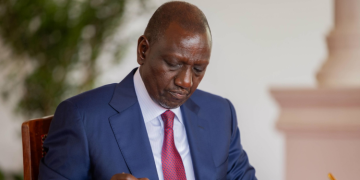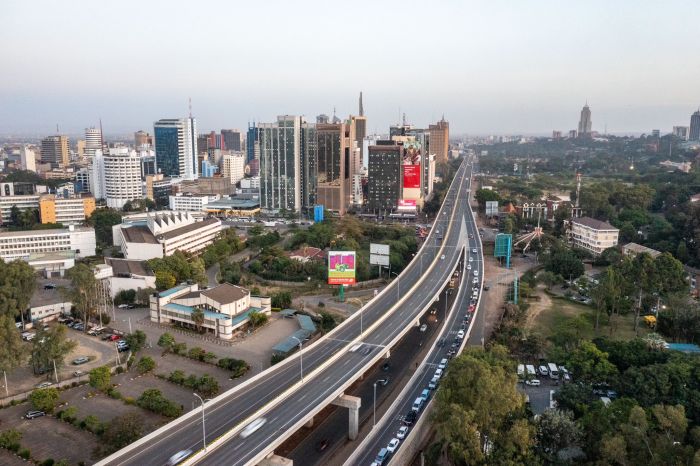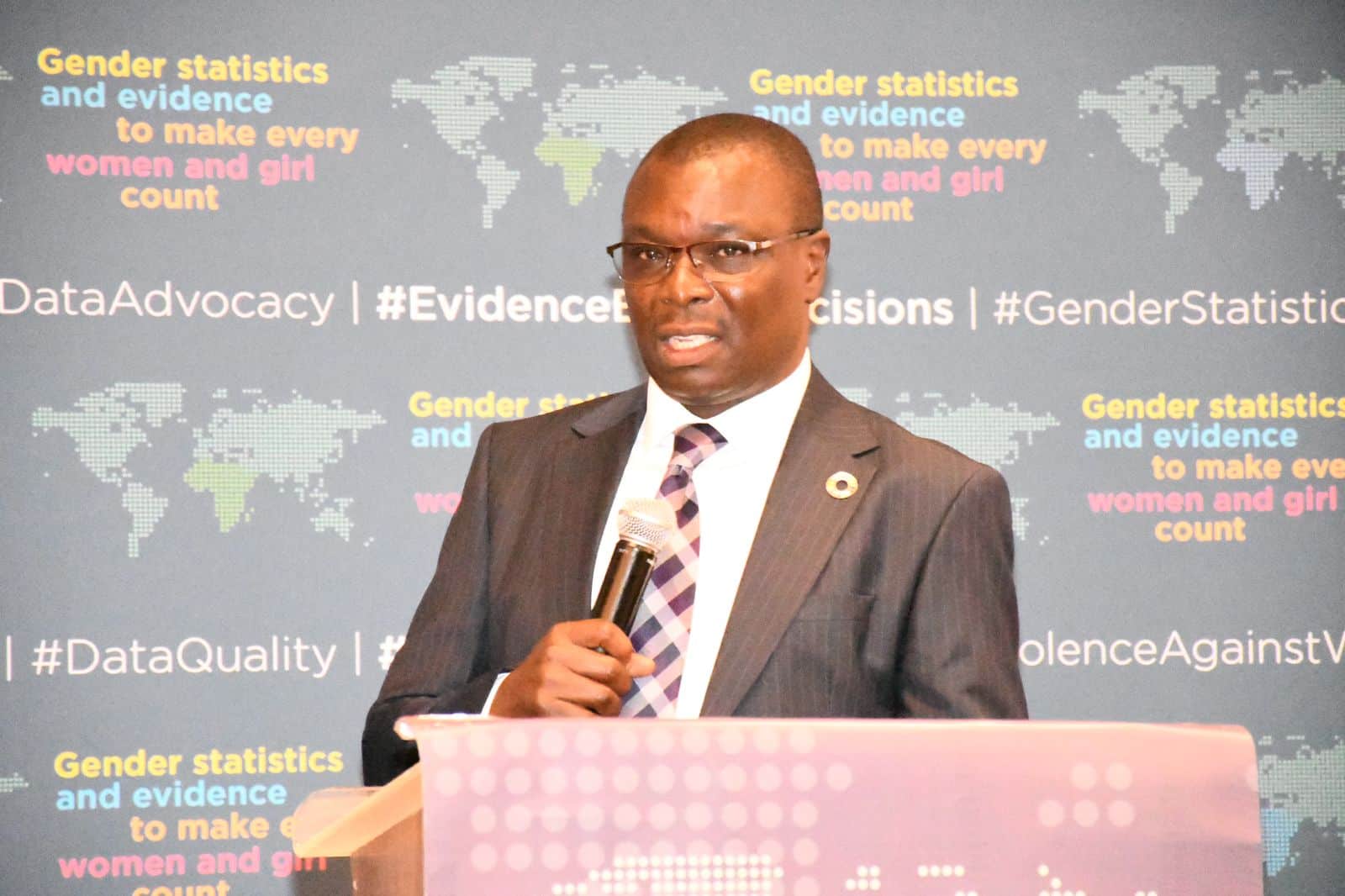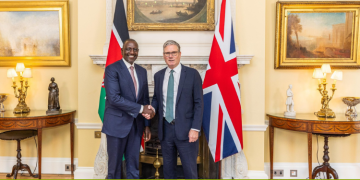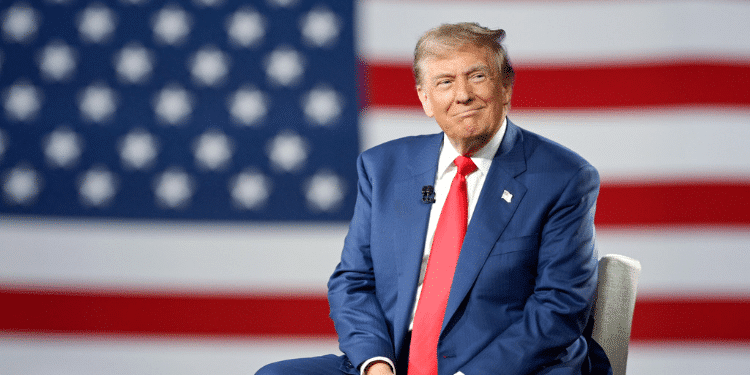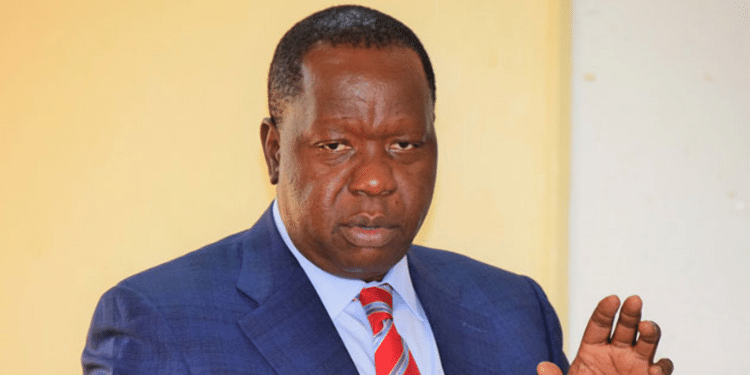The year 2024 has seen an incredibly unique political shift as several opposition candidates emerged winners against their incumbents.
Whether on the left or right and regardless of their time in power, governments worldwide have faced backlash from dissatisfied voters in what has been dubbed the “super year” for elections.
President Donald Trump’s victory in the United States electoral polls tops the list of the opposition leaders who beat the incumbents.
Trump, who was the Republican candidate, won after garnering 277 electoral college votes from all the states within the United States, defeating his Democratic rival, Kamala Harris, who garnered 224 votes.

Donald Trump clinched his victory by securing electoral college votes in two key swing states, Georgia and North Carolina thus making him the 47th President of the United States.
Speaking about his win Trump stated, “I want to thank the American people for the extraordinary honour of being elected 47th and 45th President.”
Second, the Somaliland opposition leader Abdirahman Cirro defeated incumbent President Muse Bihi Abdi in the recently concluded elections.
The electoral commission announced on November, Tuesday 19, paving the way for a power transition as the breakaway Somali region seeks global recognition.
Somaliland Electoral Commission chair Musa Hassan reported that Cirro, leader of the opposition Waddani party, won 64 per cent of the vote against Bihi’s 35 per cent, chairman of the Somaliland Electoral Commission.
Also Read: Donald Trump Beats Kamala Harris in Historic Comeback
Other Candidates Who Won Against Incumbents
At the same time, voters in Botswana handed victory to the opposition coalition by electing its leader to the presidency seat Duma Boko.
The historic Victory by the Umbrella for Democratic Change (UDC) party replaced President Mokgweetsi Masisi after his Botswana Democratic Party (BDP) lost by a landslide for the very first time in 58 years. Masisi conceded the defeat as he promised a smooth transition.
Furthermore, a media publication by Aljazeera quoted Masisi saying, “From tomorrow, … I will start the process of handover. You can count on me to always be there to provide whatever guidance you might want. … We will retreat to being a loyal opposition.”
Similarly, In South Africa, the party, once led by Nelson Mandela, lost its parliamentary majority in May’s election and was compelled to form a coalition with opposition parties. The loss is said to have been agitated by the soaring unemployment and inequality contributing to a significant decline in support for the African National Congress, which had ruled for three decades since the end of the apartheid system of the White minority rule.
Also Read: South Africa Elections: When to Expect the Results and Why the President Will be Chosen Later
More Global Victories Against Incumbents
Also, on the global stage, in Asia, a coalition of South Korean liberal opposition parties, led by the Democratic Party, defeated the ruling conservative People Power Party in April’s parliamentary elections.
Likewise, Japanese voters in October voted out the Liberal Democratic Party, which has governed the country since 1995.
Although Japanese Prime Minister Shigeru Ishiba will remain in power, the larger-than-expected loss has ended the LDP’s dominant rule, allowing the opposition to push for policy changes long resisted by conservatives.
Notably, Paul Nadeau, an adjunct assistant professor at Temple University’s Japan campus in Tokyo commenting on the Japanese elections said that the voters were punishing an incumbent party for a corruption scandal, and this gave them a chance to express a lot more frustrations that they already had.
With the new governments in power, much is expected in terms of policy changes, economic impact and even in their international relations.
There is a great deal of anticipation surrounding the potential changes in policies, their economic impact, and the way they will shape their international relations.
As they settle in, they are being closely monitored to see whether they will deliver on their manifesto and most importantly if they will address the pressing economic challenges.
Follow our WhatsApp Channel and join our WhatsApp Group for real-time news updates.


